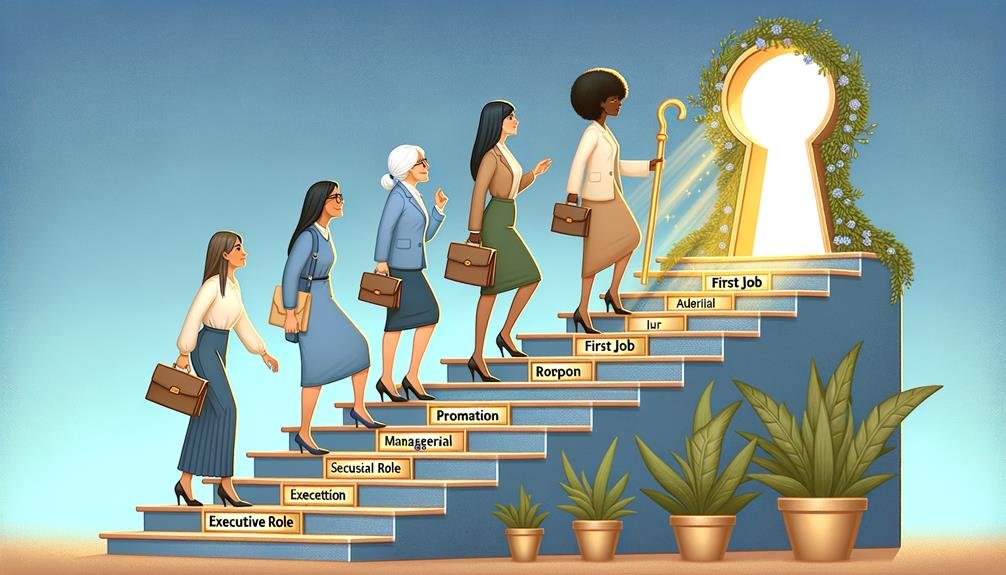In the quest for gender equality, the role of inclusive policies is undeniably central. These policies, which span from parental leave to flexible work environments and equitable career opportunities, are not just beneficial; they are imperative for fostering a culture where all genders have the opportunity to thrive. At the heart of this discussion is the belief that true innovation and progress are only possible in an environment that values diversity and inclusion at its core.
Redefining Parental Leave for Gender Parity
The transformation of parental leave policies is a crucial step toward gender equality in the workplace. By offering equal leave to all parents, we challenge the traditional norms that often place the burden of childcare disproportionately on women. Countries that have embraced generous, non-gender-specific parental leave, like Sweden, demonstrate the positive effects such policies have on workforce participation and the reduction of the gender pay gap. These initiatives not only allow for a more equitable division of childcare responsibilities but also signal a societal shift in how we value work-life balance.
Flexible Work: A Gateway to Inclusion
The evolution of work arrangements, including remote and hybrid models, has opened up new avenues for inclusion, particularly in sectors like technology where gender disparities are pronounced. The embrace of flexibility by industry leaders such as Google and Microsoft is commendable and serves as a beacon for other organizations. Yet, the journey is far from complete. Continuous effort is needed to ensure these flexible options truly serve everyone and address the nuanced challenges women face, including microaggressions and unequal distribution of domestic duties.
Equity in Career Advancement: Beyond the Surface
Achieving equity in career advancement requires a diligent examination of unconscious biases and a commitment to transparency and fairness in promotion processes. Mentorship and sponsorship are invaluable in this regard, providing the support and visibility necessary for overcoming systemic barriers. It's about creating an environment where merit, not gender, dictates one's career trajectory, thereby enriching the organizational fabric with diverse perspectives and experiences.
The Imperative of Inclusive Leadership
The link between diverse leadership and organizational success is incontrovertible. Companies with gender-diverse leadership not only perform better financially but are also more innovative and adaptable. Inclusive leadership goes beyond numbers; it's about creating a culture where every voice is heard and valued, fostering a sense of belonging that is essential for innovation and growth. This requires continuous learning, accountability, and a commitment to embedding diversity and equity into every aspect of organizational life.
A Call to Action
The journey toward gender equality is ongoing, and each step forward requires courage, introspection, and a willingness to challenge the status quo. As leaders and aspiring leaders, you have the power to shape a more inclusive future. Start by examining your own beliefs and practices: Are you fostering an environment that truly values diversity and inclusion? Are you actively working to dismantle systemic barriers within your organization?
Here's a simple yet powerful action you can take today: Initiate a conversation within your team about flexible working arrangements and how they can be optimized to support everyone's needs. This small step can lead to significant insights and changes that contribute to a more inclusive workplace.
Seeking Guidance?
Embarking on this path can be challenging, but you don't have to do it alone. As a leadership coach, I'm here to support you in navigating these complexities. Together, we can explore strategies to enhance your leadership skills, create more inclusive environments, and foster a culture that celebrates diversity and equality. If you're ready to take the next step in your leadership journey, contact me to learn how we can work together to achieve your goals and create a lasting impact.
Together, we can redefine leadership and create workplaces that truly reflect the values of diversity, inclusion, and equality.






